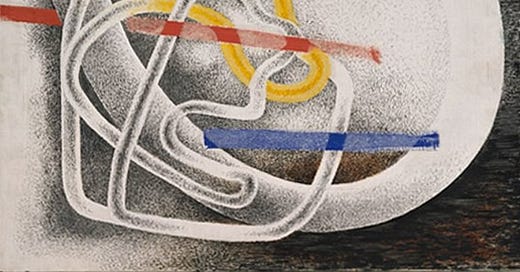"Voices of sanity are in too-short supply"
Writing on Gaza, anti-Semitism studies, the sleepwalk of war, and the fall of the two-state solution
This week Public Seminar brings together distinct—and differing—voices on the Israel-Hamas war. James Dodd reminds us that violence has no intrinsic logic: escalation is a question of politics. Magda Teter asks if scholars of anti-Semitism have taken the wrong approach. Mohammed Omer reports on life in Gaza during the seven-week siege in 2014. And Jeffrey Isaac demonstrates the complexity of personal and political response.
Reflections on the War between Israel and Hamas
Jeffrey C. Isaac
I have come to see “the Jewish state”—which is not “the state of all the Jewish people,” even if many Zionists insist on seeing it that way—as an ethnonationalist democracy that systematically privileges Jewish over non-Jewish citizens and indeed religious Jewish citizens over secular Jewish citizens, and in so doing runs contrary to modern liberal and universalist norms. This is true even if it is also true that the Israeli state more closely approximates a liberal democracy than any other state in the region, and grants more rights to its Arab citizens than they possess in the other states in the region, from Egypt to Syria to Saudi Arabia to Iran.
Sleepwalkers
James Dodd
There is no decisive political argument—and for sure not an even half decent military argument—that the only way to respond to the massacre of civilians is to engage in urban combat with a finite group of militants perfectly willing to use the very people they are supposedly fighting for as human shields. This is as absurd as the proposition that the only meaningful way to address the sufferings of the Palestinian people is the massacre of Israeli citizens.
Have We Scholars of Anti-Semitism Failed to Facilitate Empathy for Its Victims?
Magda Teter
For almost a century, most of us have focused on dissecting anti-Semitic ideas and ideologies. But—with the very important exception of those studying the Holocaust—we have not paid enough attention to the impact these ideas, images, and actions have on Jews as human beings.
Darkness Falls on Gaza
Mohammed Omer
At Shifa Hospital, what struck me was the resilience and dignity of the families. Forced to evacuate under gunfire, they had become refugees in their own land. I watched a grandmother who’d fled the east of the city comforting her four grandchildren and two daughters. The family broke their fast with slices of bread, two yogurts, cucumber and tomatoes. This was their iftar.




